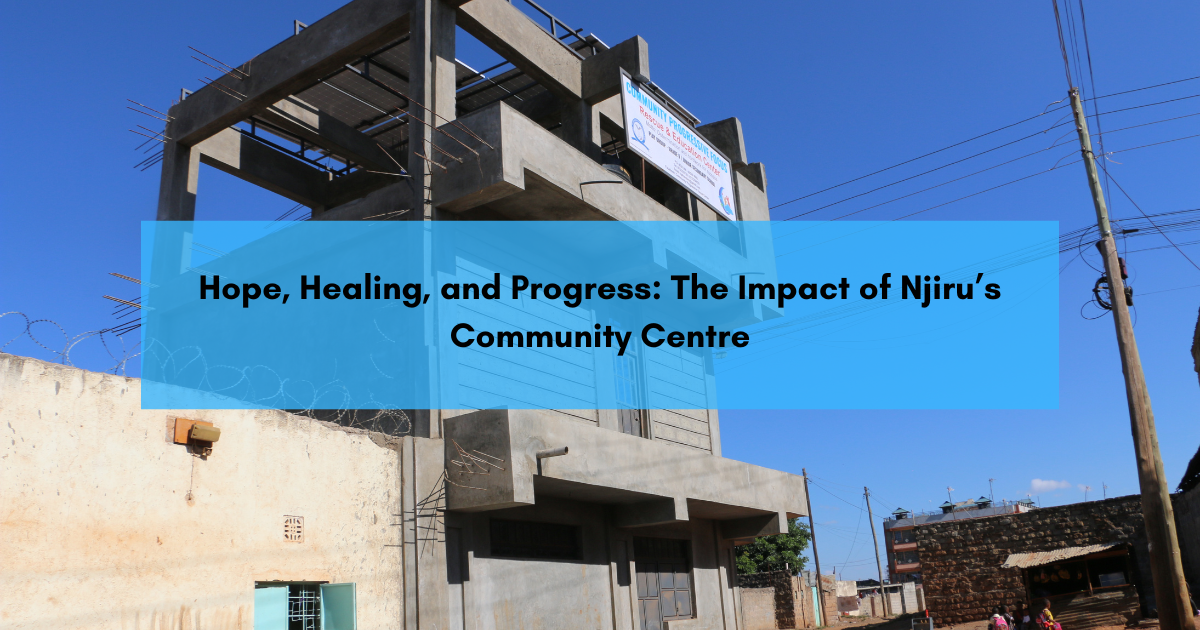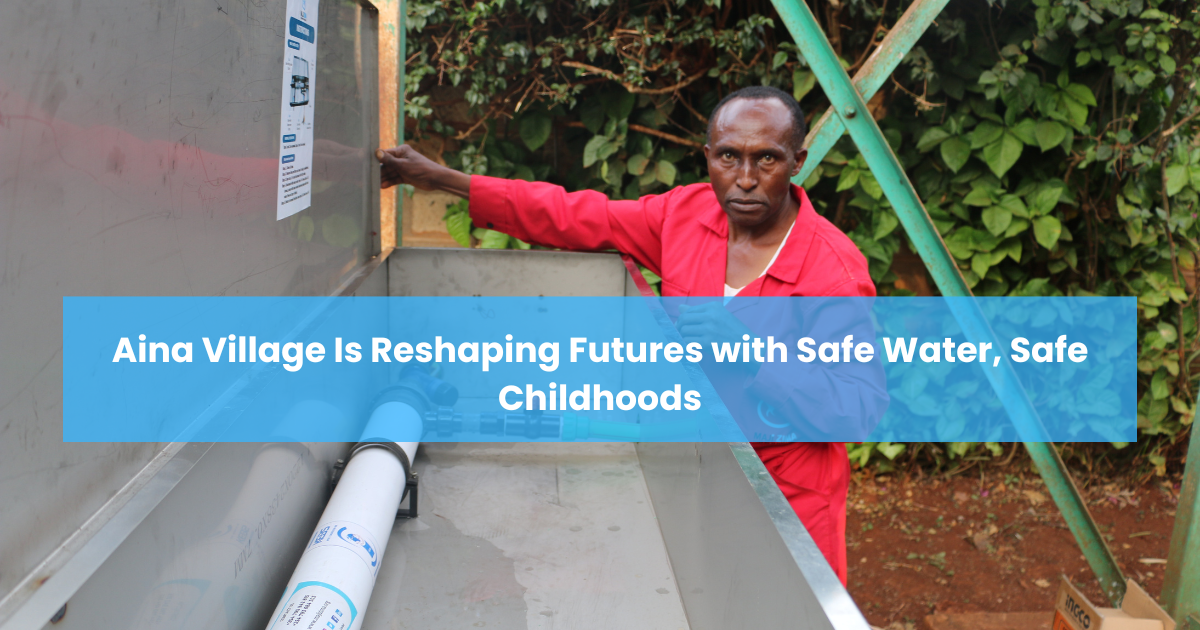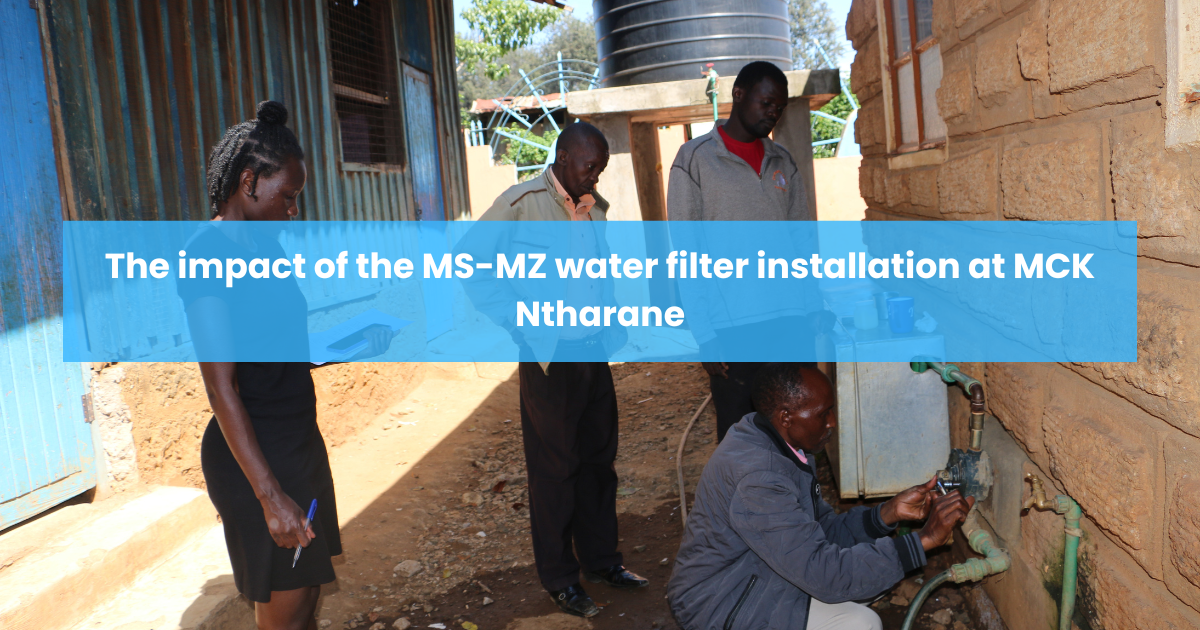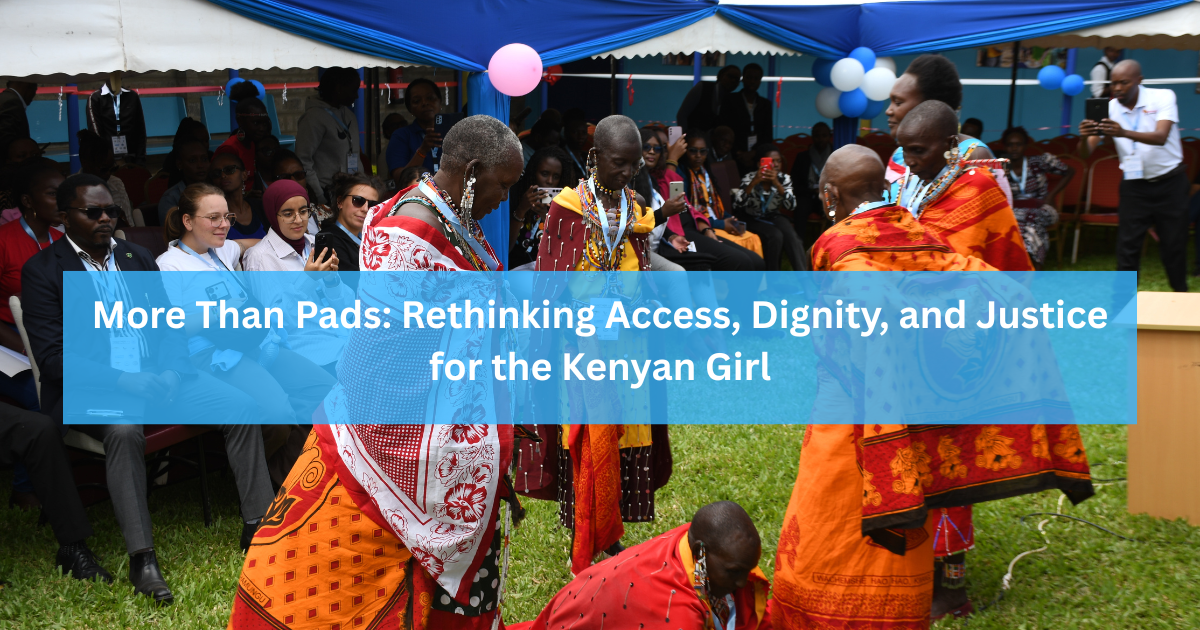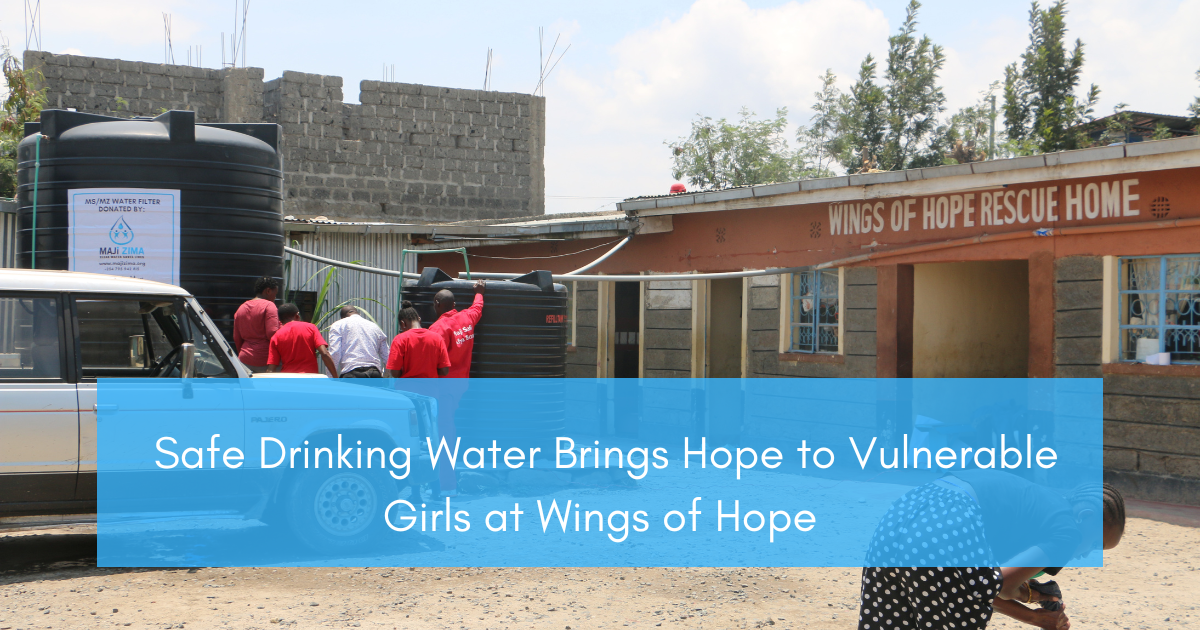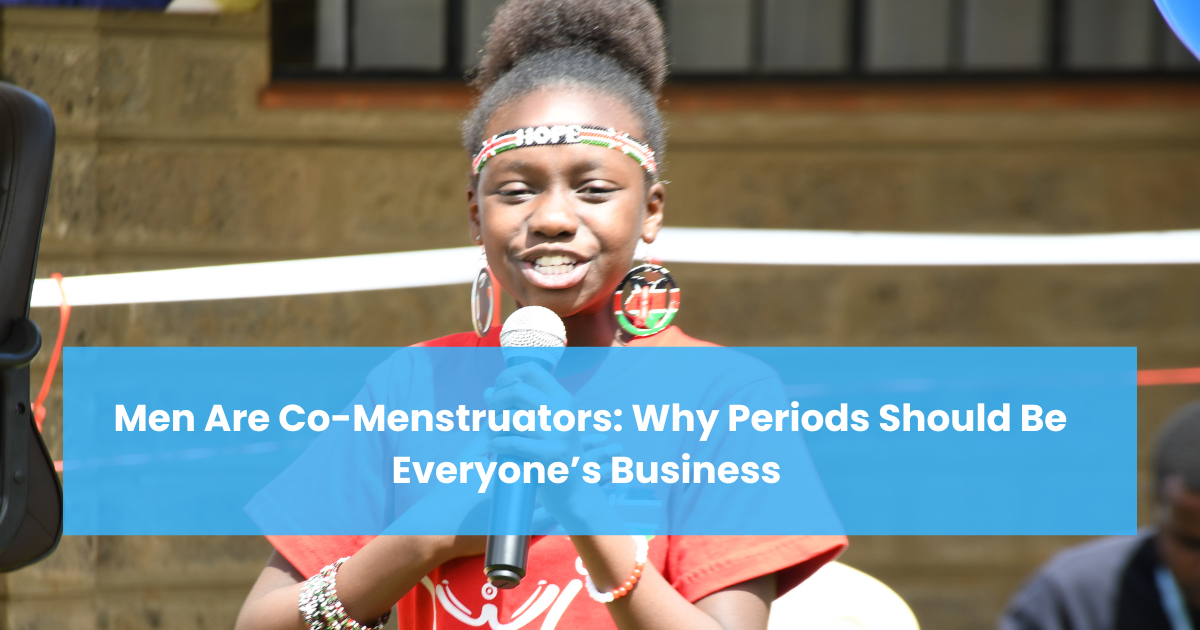
A Community in Crisis
Njiru is a place where hardship is the order of the day. One woman’s unwavering determination has created a sanctuary for the forgotten. This is the story of a rescue home that is more than just a shelter. It is where shattered lives are pieced back together, broken dreams are rebuilt, and love triumphs over suffering. It is a place where childhood is often stolen too soon. Here, families are not defined by traditional structures but by children forced into roles, they should never have to bear. Many homes are child-headed; young girls become mothers before they can even understand what it means, and substance abuse is an ever-present shadow. In a section of the slums dubbed “Fagilia,” chang’aa ( an illicit brew) and methanol flow freely, numbing pain but destroying lives in the process. Just like the place's name, it has swept many lives straight into the abyss of darkness of no return. Amid this despair, a rescue home stands like a lighthouse in a raging storm. It does not turn away the hungry, the abandoned, or the abused. It opens its doors to those who have nowhere else to go.
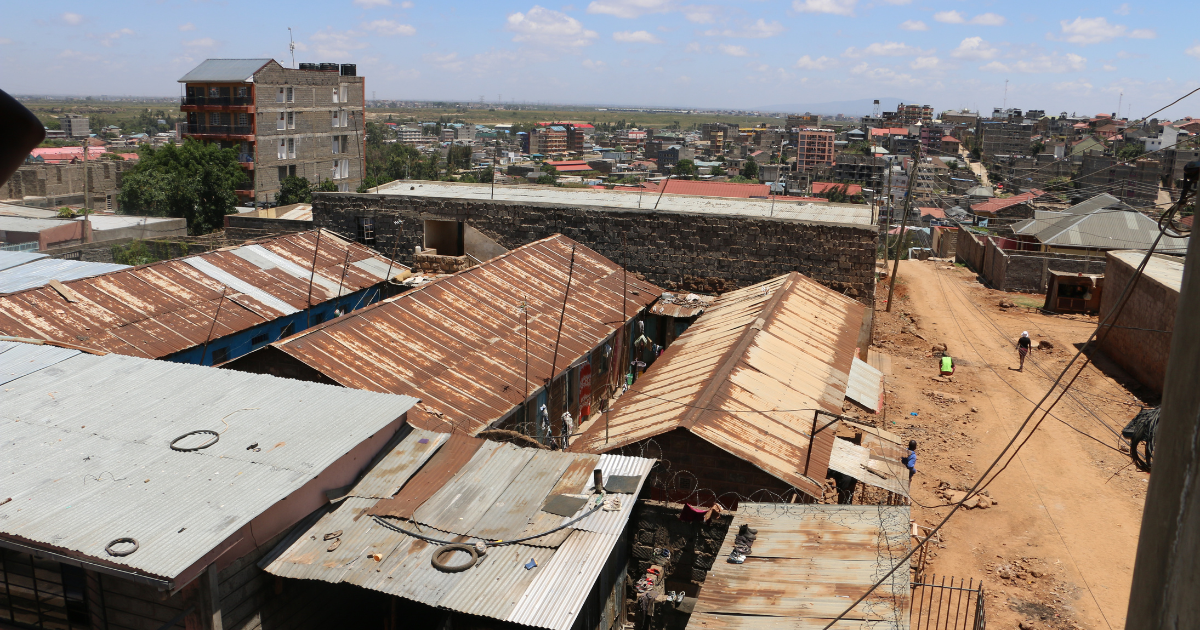
The Woman Who Saw Beyond the Darkness
Ms Salyviah also known as Sally, the founder and director, was only eight years old when she discovered her purpose. As a child, she would visit widows, elderly community members and ailing villagers, removing jiggers from their feet and offering comfort. This compassion grew with her, shaping her journey. While working at the former American embassy before the 1998 bombing, she bought a small piece of land in Njiru, a desolate, unwanted place at the time. It was here that she would later build a home for children who had suffered unimaginable horrors.
She encountered her first case of abuse in 1994: a young girl repeatedly defiled by her father. The father was arrested, but nine months later, he was free, and the nightmare resumed. Sally knew then that something had to change. By 2007, she had opened a school, determined to provide more than just safety. She wanted to give these children a future.
Building a Future, One Child at a Time
Today, the rescue home is both a school and a place of refuge. It serves children from within and beyond its walls, sharing what little they receive with the wider community. They sell water at five shillings per 20-litre jerry can because clean water is a luxury many cannot afford in the region. They grow food for sustenance on a leased piece of land, using every available space.
At the community centre, the children are not just cared for; they are empowered. Young girls who have aged out of the home are given a soft landing, living in groups as sisters, equipped with starter kits, i.e some bedding, utensils, mattresses and a cooker to help them transition. Those who move on to high school and college return to mentor and uplift those still in the home. The cycle of suffering is being broken, one child at a time.
The Struggles That Remain
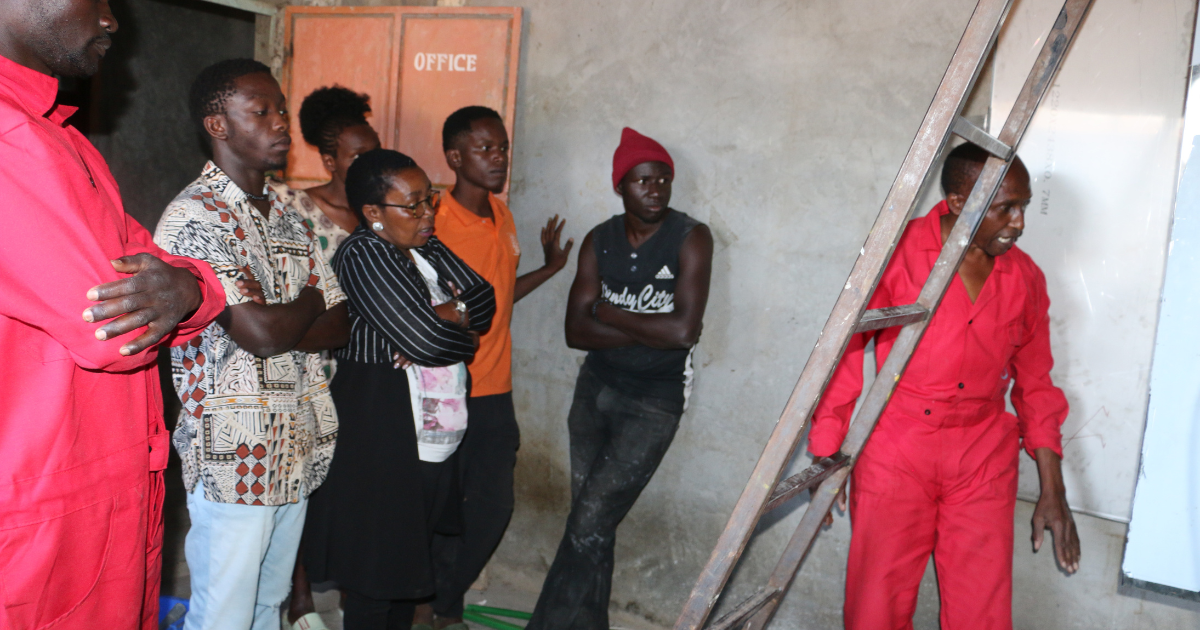
With their already strained budget, getting good medical care was quite expensive. Recognising this urgent need, the centre approached Maji Zima, seeking a solution for clean water. In response, our team assessed the situation and installed an MS-MZ water filter, to maintain the system, ensuring that the children and staff could confidently manage their new source of safe drinking water. We believe that the days of waterborne illnesses in this home are now behind them.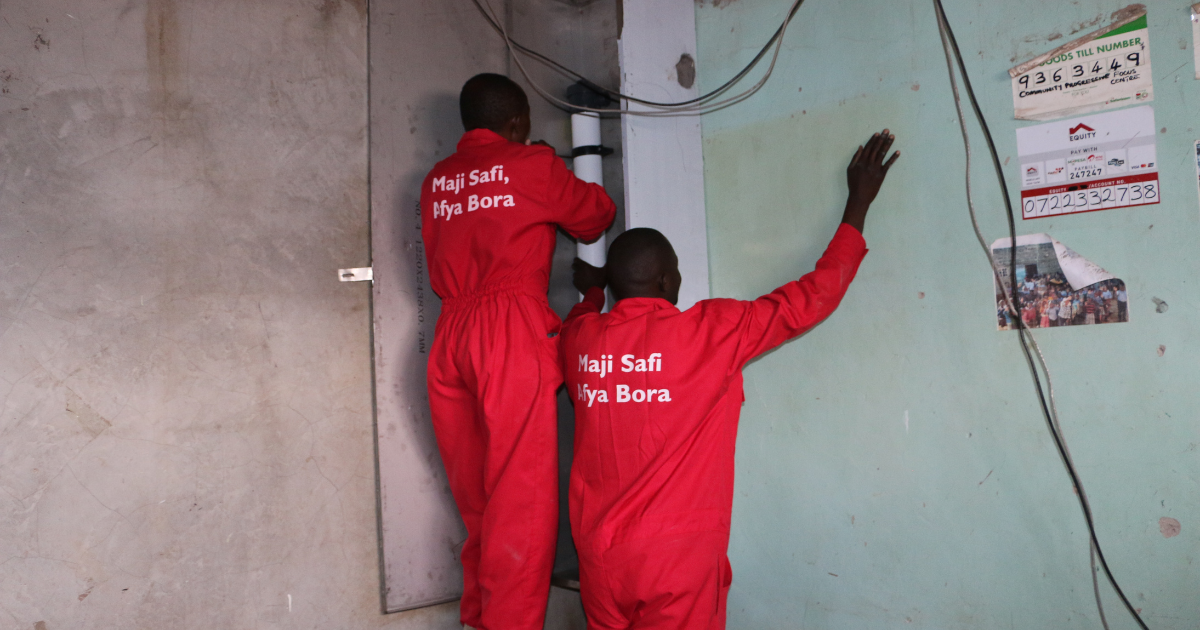
They also dream of expanding their school to include junior secondary and high school to assist the community further. They know that by 2030, children’s homes may cease to exist according to the government’s plans, and they hope to transform into a full rescue and reintegration centre. In Sally’s words, “We do what we can with what we have, but our main concern is whether the children are safe at all times.”
How You Can Make a Difference
This rescue home is more than a place; it is a testament to the power of resilience, faith, and love. It is proof that one person’s kindness can change hundreds of lives. But their work is far from over. They need resources for vocational training. They need support to keep children in school. Most of all, they need people to believe in their vision because when you invest in a child’s future, you are helping to rewrite the story of an entire community. Will you be part of their journey and others just like them?
